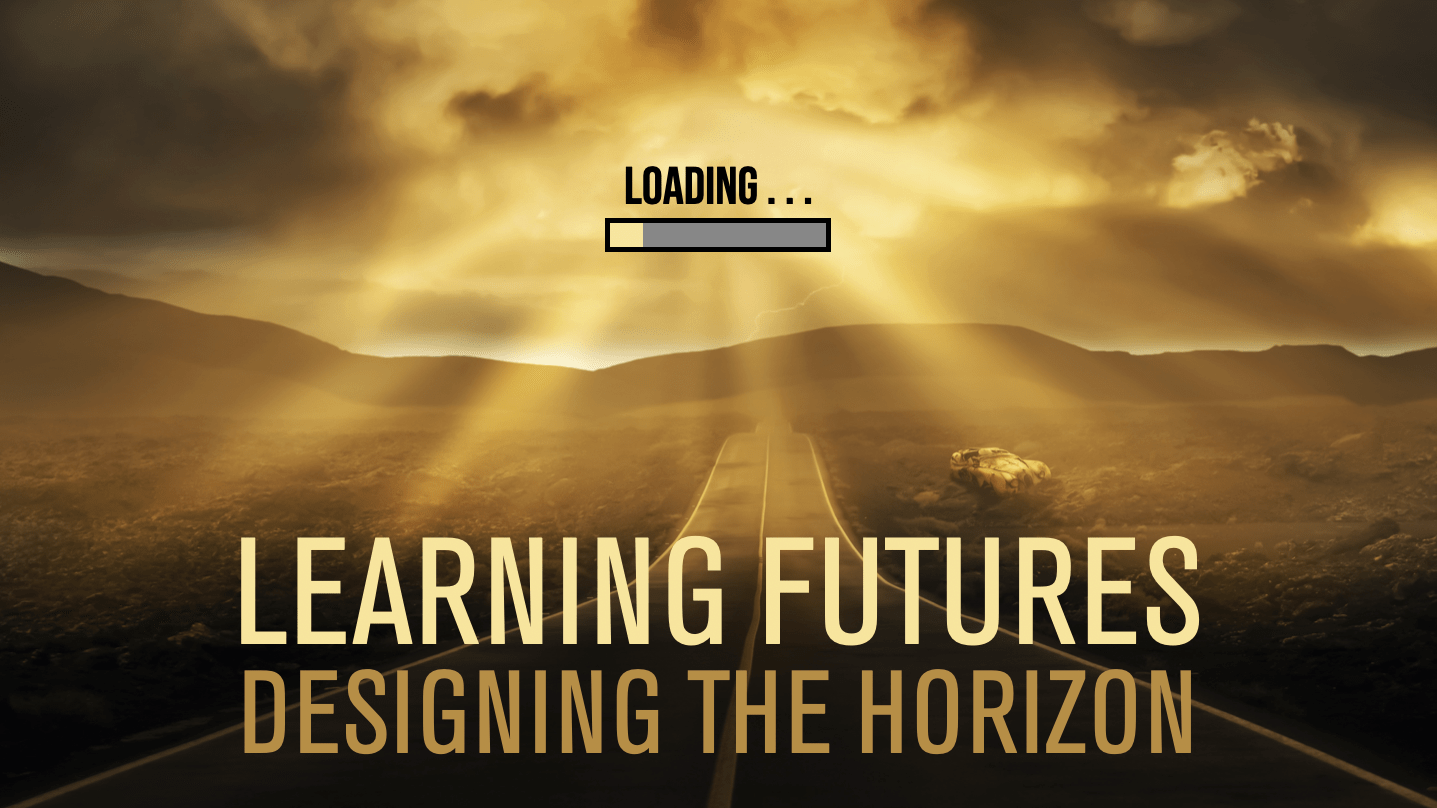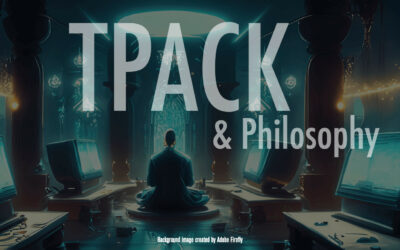I was recently invited (along with Sean Leahy and Jodie Donner) to present at the Winter Games, Digital Immersive Experience organized by ShapingEDU at Arizona State University. Our talk was titled Learning Futures: Designing the Horizon. We described our session as follows:
The maxim we cannot predict the future, but we can invent it (and its derivatives) is often cited as a call to engage in design and strategic forecasting tools and methodologies. Join us as we create a space to explore what we describe as Learning Futures. Visualize with us how we might rethink our teaching and learning environments by harnessing the opportunities of our collective uncertainty. We will explore emergent strategic foresight frameworks as we consider multiple future scenarios to reveal the risks and opportunities of disruptions, and propose strategies for engaging in futures thinking in your own organizational contexts.
Video embedded below:



0 Comments